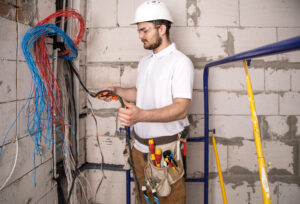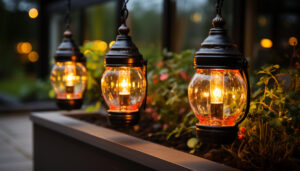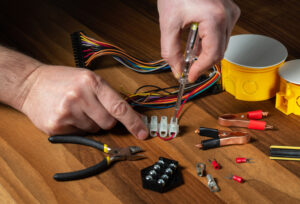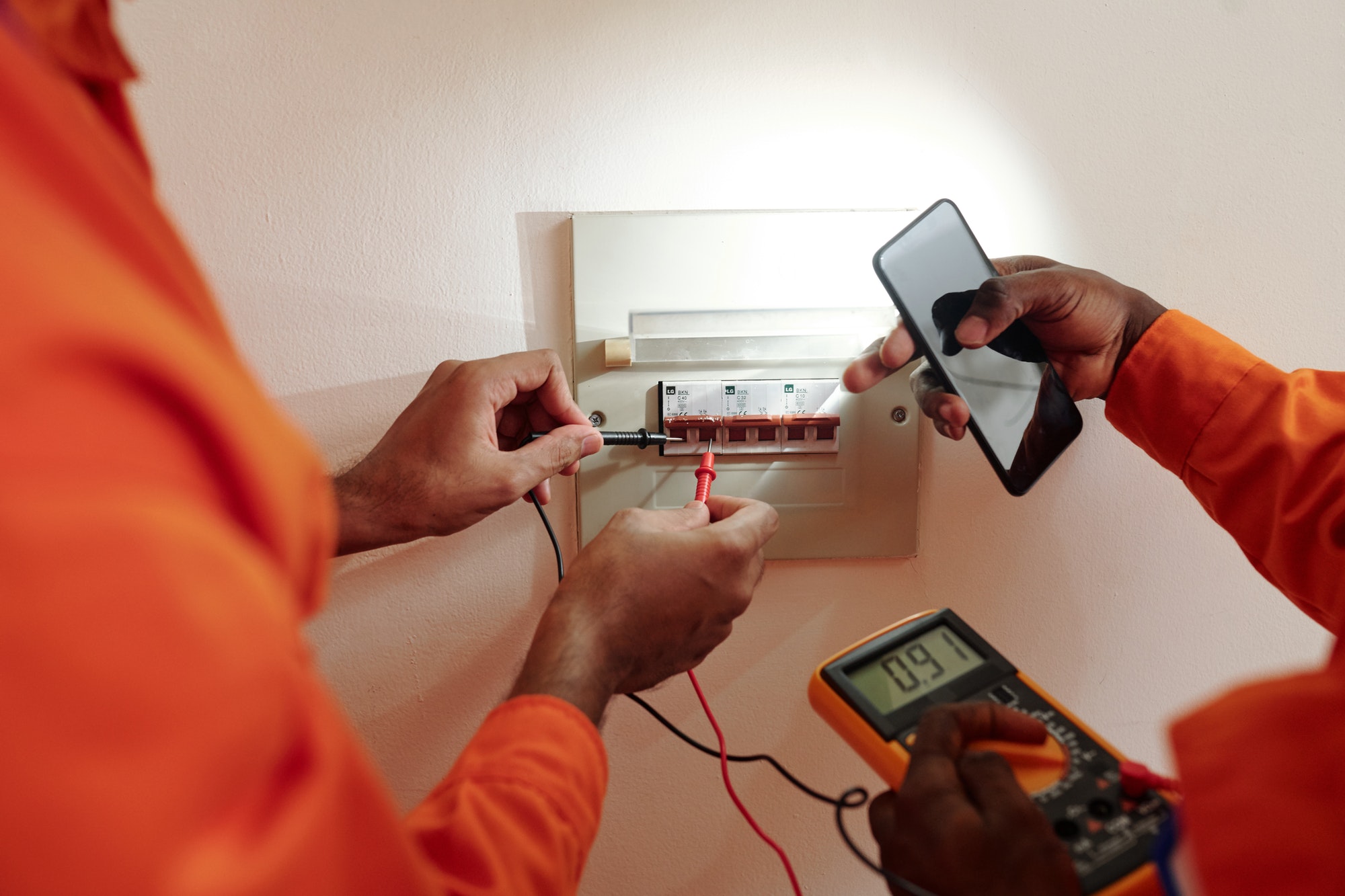When it comes to ensuring the safety of your property, selecting the right fusebox, also known as an electrical panel, is crucial. A fusebox is the main point where electricity is distributed throughout your property. It protects your electrical system from overloads that can cause fires and other hazards. Here are the essential safety features to consider when choosing a fusebox for your home or commercial property.
1. Circuit Breaker Type
The type of circuit breaker is one of the most critical aspects of a fusebox. There are two main types of circuit breakers: standard and arc-fault circuit interrupters (AFCIs). Standard circuit breakers protect against overloads and short circuits, but AFCIs provide enhanced protection by detecting and interrupting electrical arcs, which are a common cause of electrical fires. For maximum safety, consider a fusebox that includes AFCI protection, especially in older buildings where wiring may not have the same safety standards as newer constructions.
2. Ground Fault Circuit Interrupters (GFCIs)
GFCIs are another vital safety feature for any fusebox. They are specifically designed to protect against electrical shock by breaking the circuit when a difference in the currents in a circuit is detected, which could be indicative of a leakage to the ground. This feature is particularly important in areas where the risk of water exposure is high, such as bathrooms, kitchens, and outdoor locations.
3. Surge Protection
Surge protectors are integrated into some modern fuseboxes to safeguard all your home’s electrical appliances from voltage spikes. Surges can occur due to various reasons, including lightning strikes or high-powered electrical devices turning on and off. Installing a fusebox with built-in surge protection can extend the lifespan of your electronic devices and reduce the risk of fire caused by overheating.
4. Amperage Capacity
The amperage capacity of a fusebox determines how much electricity it can safely distribute. Most residential homes require a fusebox with a capacity of 100-200 amps. However, for properties with higher energy needs, such as those with electric vehicle charging stations or extensive outdoor lighting, a higher amperage might be necessary. Ensure the fusebox you select can handle your property’s current and anticipated future electricity needs.
5. Labeling and Ease of Use
A well-labeled fusebox enhances safety by making it easy to identify and access specific circuits quickly during emergencies or maintenance. Modern fuseboxes often come with clear, easy-to-read labels for each circuit breaker. Some advanced models also include LED indicators that show which circuit is active or has tripped, a useful feature for troubleshooting electrical issues.
6. Quality and Certification
When selecting a fusebox, quality should never be compromised. Choose a unit that has been certified by recognized standards bodies such as the Underwriters Laboratories (UL) in the USA or the British Standards Institution (BSI) in the UK. These certifications ensure that the product has been tested for safety and reliability under various conditions.
7. Accessibility
Consider the placement and accessibility of the fusebox. It should be easily accessible for quick shut-offs in emergencies but out of reach of children. The location should also be dry and free from potential contaminants that could affect its operation, such as dust and chemical vapors.
Conclusion
Choosing the right fusebox with these essential safety features not only protects your property from electrical hazards but also ensures the safety and well-being of its occupants. Invest in a high-quality, well-equipped fusebox that meets all necessary safety standards and is suitable for the specific needs of your property. Remember, while cost is an important factor, the safety features of a fusebox should never be compromised. Always consult with a professional electrician to make an informed choice that meets all regulatory requirements and safety standards.







